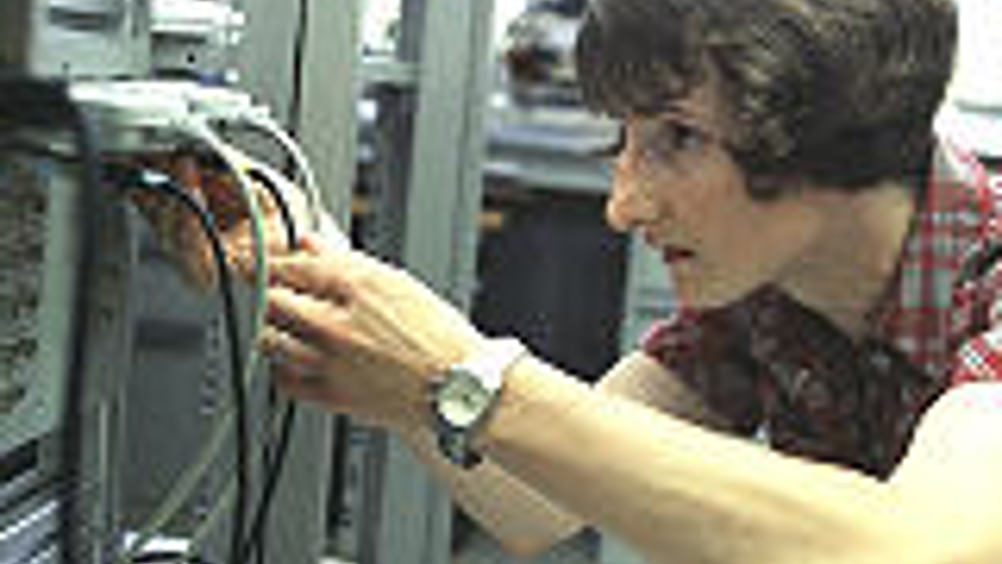Steeper project aims to increase energy efficiency of electronic products
1 min read
IBM and Infineon are teaming up with universities across Europe in a bid to make a cellphone battery that lasts 10 times longer than current devices.

Researchers at the Steeper project aim to decrease the energy requirements of other electronic devices and to virtually eliminate power consumption when they are in standby mode.
Adrian Ionescu from Ecole Polytechnique Federale de Lausanne, who is coordinating the project, said: "Our vision is to share this research to enable manufacturers to build the Holy Grail in electronics, a computer that utilises negligible energy when it's in sleep mode, which we call the zero-watt PC."
Ionescu explained that the researchers will apply nanotechnology to lower electricity consumption, cost and extend battery life of electronic devices, aiming to at least half the operating voltage needed by transistors to operate.
Dr Heike Riel (pictured), who leads the nanoscale electronics group at IBM research center in Zurich, added: "Power dissipation has become one of the major challenges for today's electronics, particularly as the number of devices used by businesses and consumers multiplies globally. By applying our collective research in TFETs with semiconducting nanowires we aim to significantly reduce the power consumption of the basic building blocks of integrated circuits affecting the smallest consumer electronics to massive, supercomputers."
According to the European Union, data centres, such as those run by Google, use more than 1% of the world's energy and their demand for power is rising fast with the trend to outsource computing. It also notes that standby power accounts for about 10% of the electricity use in homes and offices. The International Energy Agency reports that electronic devices currently account for 15% of household electricity consumption and their energy needs will triple by 2030.












